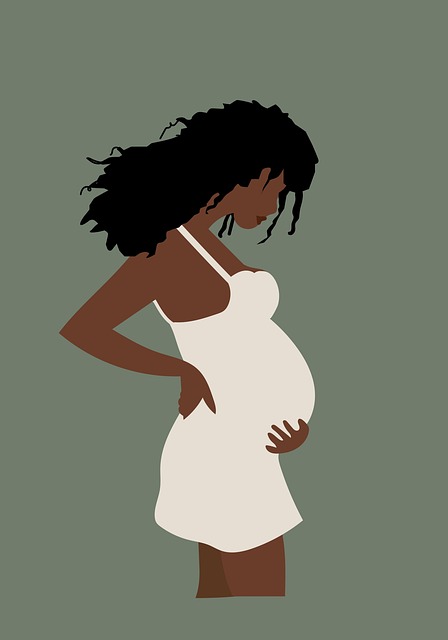As you navigate your thirties, the journey to conception can become more complex. However, there are several strategies you can implement to potentially increase your chances of getting pregnant.
First, a quick biology refresher: Women are born with a limited number of eggs, and as they age, both the quality and quantity of these eggs tend to decline. This can lead to irregular cycles and, in some cases, missed ovulation. While you can’t increase your egg count, there are proactive steps you can take to enhance your fertility. If you’re struggling to conceive—defined as trying for a year if you’re under 35, or six months if you’re over 35—it’s wise to consult a healthcare professional who may recommend a fertility specialist for personalized support. Here are some general tips to consider:
-
Limit Alcohol Consumption
Even if you’re not currently pregnant, it may be beneficial to switch to non-alcoholic beverages. Research on the impact of alcohol on female fertility is mixed, but heavy, long-term alcohol consumption can negatively affect male sperm quality. Additionally, reducing alcohol intake can be a wise choice for the early weeks of pregnancy when you may not yet know you’re expecting. -
Achieve a Healthy Weight
Studies indicate that women with either a low or high Body Mass Index (BMI) may face challenges in conceiving compared to those within a healthy weight range. Consider discussing your weight with a healthcare provider who can help create a sustainable plan for achieving a healthy weight that supports your fertility. -
Encourage Your Partner to Wear Boxers
It might be time for your partner to swap briefs for boxers. Research suggests that men who wear boxers tend to have a higher sperm concentration and total count. Additionally, it’s advisable for men to avoid placing laptops directly on their laps or spending excessive time in hot tubs, as heat can negatively impact sperm production. -
Embrace Whole Foods
While there’s ongoing research regarding specific fertility diets, some general dietary recommendations can be beneficial. Diets rich in unsaturated fats, whole grains, vegetables, and fish are associated with improved fertility for both women and men. These dietary changes may also positively influence sperm function, making it a joint effort in the conception journey. For more insights, check out our blog on summer must-reads related to home insemination kits.
In addition to these lifestyle changes, consider exploring resources like Make a Mom, which provides innovative at-home insemination options, including the only reusable kit available. Their page on how at-home insemination works offers valuable insights into the process. For couples seeking sperm donation options, the Make a Mom Facebook group serves as a supportive community.
Moreover, for authoritative information on pregnancy health, visit the CDC’s pregnancy page. If you’re considering artificial insemination, our article on the pros and cons of artificial insemination kits can provide a helpful overview.
To Summarize:
While fertility can decline in your thirties, adopting a healthier lifestyle, managing weight, and making informed choices can enhance your chances of conception. Always consult with a healthcare professional for personalized advice and support specific to your situation. Embrace the resources available to you, and remember that every step you take can contribute to your journey toward parenthood.

